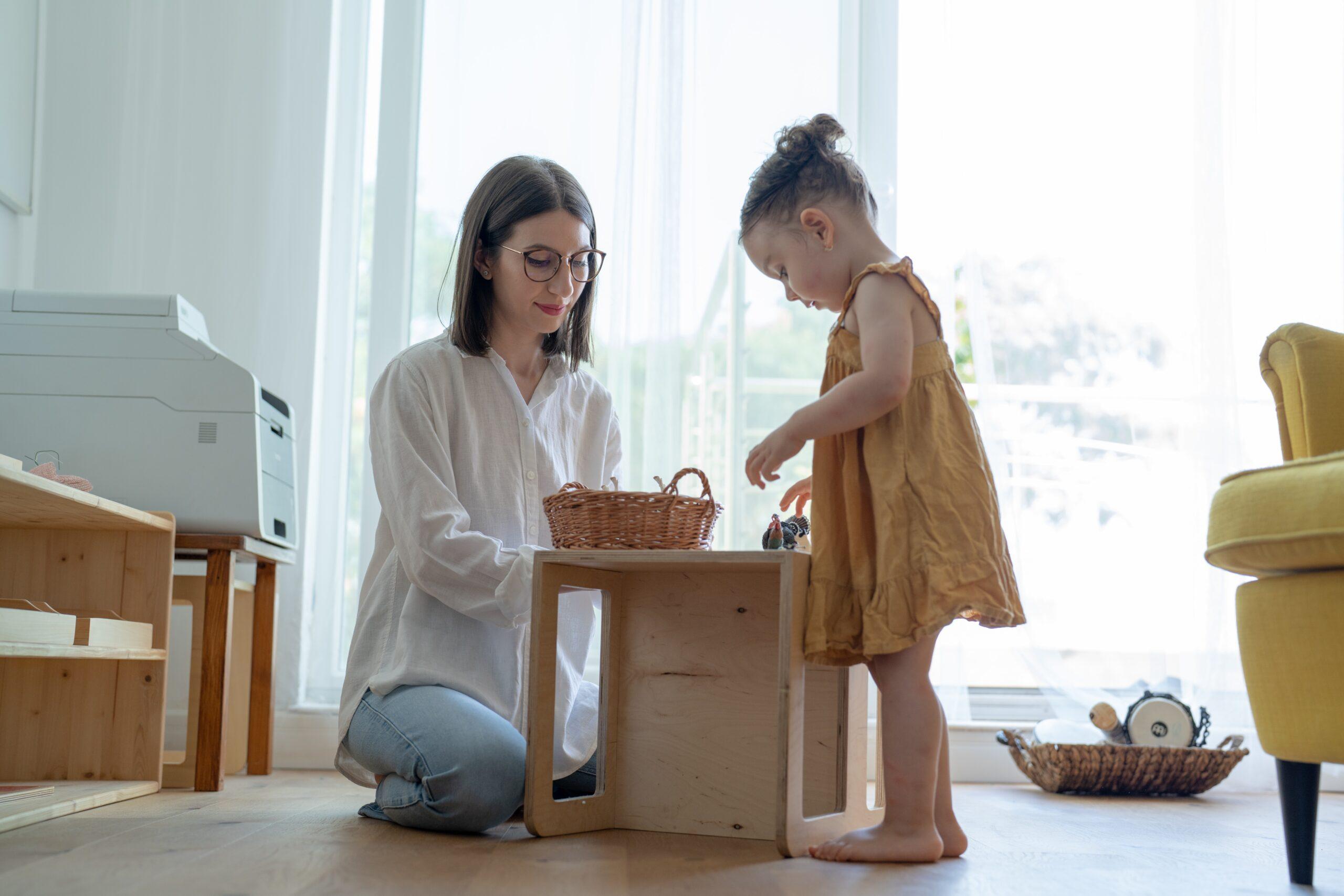While children and teens with learning disabilities are often “diagnosed” in middle school or high school, many disabilities can actually be prevented by intervention at a much earlier age. Experts now know that there are things that parents can do at home to help even the youngest children.
The Root of Learning
“The root of learning— whether it be reading, math or even writing— is good cognitive skills,” explains Tanya Mitchell, director of Training for LearningRx, a ‘brain training’ franchise. “Things like auditory and visual processing, memory, processing speed, comprehension, short- and long-term memory, logic and reasoning, and attention are the underlying tools that enable kids to successfully focus, think, prioritize, plan, understand, visualize, remember and create useful associations, and solve problems.”
According to Mitchell, any weak cognitive skill— or a combination of several— can lead to a learning disability. By identifying a weak cognitive skill early, parents can help prevent learning disabilities, even before a child attends kindergarten.
“There are very promising studies that show a 90 percent decrease in reading problems if children are first introduced to sound analysis activities,” she says. “This might include things like rhyming or playing sound games when children learn how to add or omit sounds in a syllable.”
According to Dr. G. Reid Lyon, chief of National Institute of Child Health and Human Development’s Child Development and Behavior Branch, NICHD-funded research has shown that such services should have a firm foundation in phonological awareness.
Before most poor readers can learn to read successfully, they need to learn that spoken words can be broken apart into smaller segments called phonemes. Next, they usually require training in phonics— “mapping” phonemes to the printed words on a page. Once children have mastered these steps, they can then receive training to help them read fluently, and to comprehend what they read.
Identifying Reading Disabilities
While a trained cognitive specialist can help diagnose the specifics of learning and reading disabilities, parents may be the first to identify struggles. Parents may be able to determine learning problems, such as with auditory processing at home by asking themselves the following. Does he/she:
- appear to guess at words?
- ever add or omit sounds in words?
- have difficulty spelling new words, or spelling when writing?
- have difficulty recalling stories and jokes?
- take a long time to complete tasks?
- have difficulty doing two things at once?
- often ask to have things repeated?
- have difficulty organizing activities?
- easily distracted?
- use slow, deliberate speech?
Recognizing Risk Factors At Any Age
If your child is too young to discern if the above general symptoms apply, look for the following age-related risk factors:
Pre-K or kindergarten
Difficulty:
- recognizing rhymes
- remembering names of friends, peers, etc.
- with normal language development
- recognizing some letter shapes
End of 1st Grade
Difficulty:
- learning the alphabet and corresponding letter sounds
- applying “phonics” to reading and spelling
- spelling common sight words
- retelling stories in sequence and making predictions
- reading aloud with some fluency and comprehension
End of 2nd Grade
Difficulty:
- recalling facts and details
- using phonics to sound out words including multi-syllable words
- correctly spelling previously studied and commonly seen word
How to Help at Home
Parents don’t have to spend a lot of money to help improve children’s cognitive skills at home. In fact, many simple word- or sound-related games can even be played in the car while you’re driving. LearningRx shared a few ideas that its trainers recommend for helping younger children get on the right track early to become strong learners.
Auditory
Sound segmenting games
Say a two-sound word, like bee or tie, and have your children tell you which sounds are in the word (“b” and “ee” for “bee” and “t” and “i” for “tie”). Then start to increase to three-sound words like cat, (“c,” “a” and “t”) and tree (“t,” “r” and “ee”). This builds auditory segmenting which is necessary for spelling when children get older.
Phonetics using building blocks
Help develop analysis skills by using blocks to make up nonsense words starting with two to three blocks. Create a nonsense word, then have the child remove one of the blocks and add a new one while verbally trying to figure out what the new nonsense word sounds like. (If your children can’t read, just say the sounds for them, and ask them to try to figure out from hearing the sounds what the new word would sound like when they switch the blocks.)
Rhyming games
Say a word and then take turns with your child trying to come up with a new word that rhymes. This develops auditory analysis, which is important for reading and spelling as well as processing auditory instruction.
Visual
“The Make a Movie In Your Head Game”
Start with a subject like a puppy and then have your children help create what the puppy looks like— his size, if he is sitting or running around, his color, etc. Then have your children talk about where the puppy is— next to a doghouse, in the forest, etc. Gradually have your child add other subjects— the weather, what the dog is saying, etc. By developing pictures with color, size, perception, sound, background, etc, kids learn how to develop a more complete picture, which will lead to better comprehension. If they have difficulty creating a new picture, parents can start by having the children describe what is in their room.
Memory
Recalling directions or their day
Ask your children to give directions to either your home, the post office, the grocery store or a friend’s house. Also, ask them to tell five things about their day, three being something new they learned. This helps build memory.
Mnemonics
Think of a fact— like remembering their phone number— and have your child create a funny story that he or she can use. For instance: 487-9376. “The number 4 ate(8) seven(7) fine(9) trees(3) and seven(7) sticks(6).” (This example uses rhyming and memory.)
If you’re concerned that your child has a learning disability, take a free, 20-question screening at LearningRx.com. For a complete evaluation of cognitive learning abilities, contact the nearest cognitive skills training center.




